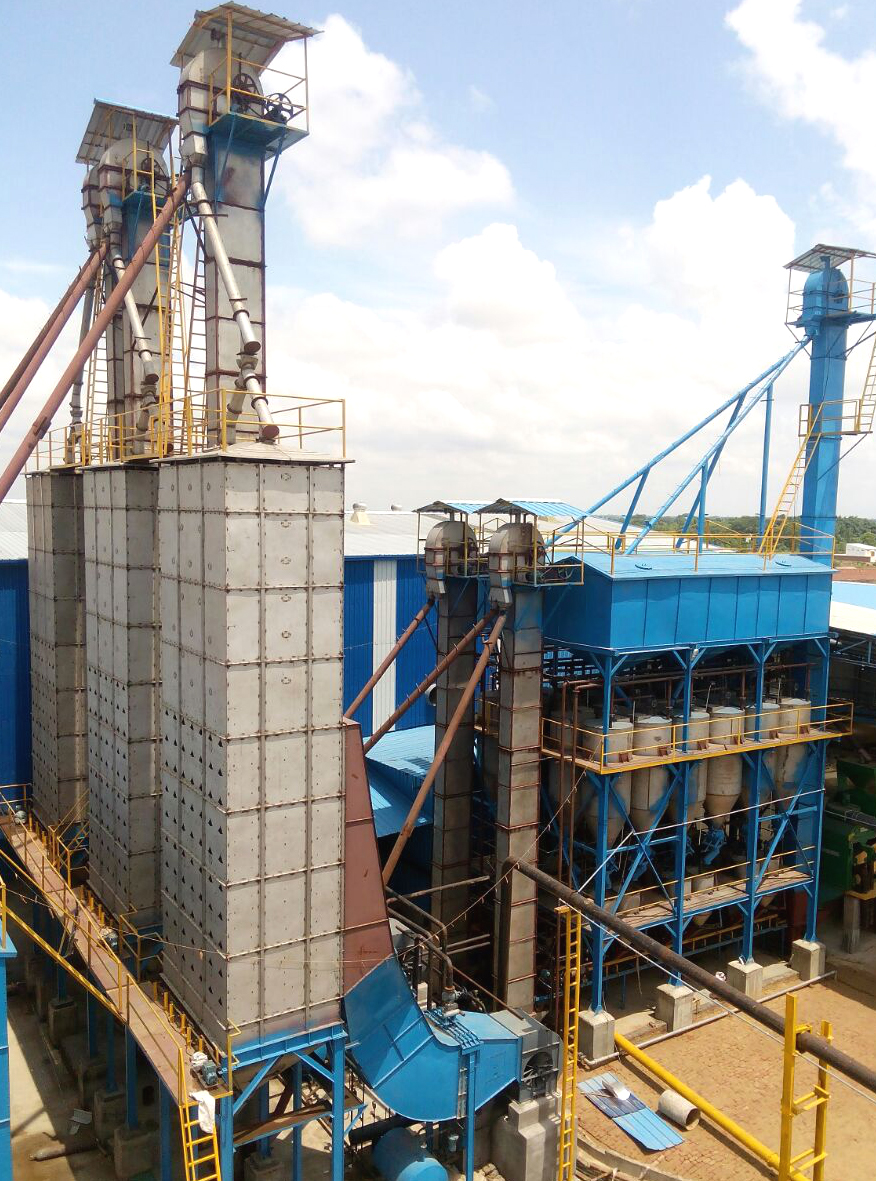What Are Some Common Effects Of Paddy Parboiling?
As it comes to parboiling paddy at a Paddy Parboiling Plant, it causes many changes to the grains. It can cause chemical and physical changes as well as sensory changes. It leaves effects on grain dimensions and level of impurities as well. Leaving impact on the milling quality is another outcome of parboiling.
Let’s Have A Look At Them.
Physical Changes –
- Better milling yield is very likely
- Quality of the grains get improved due to the elimination of broken grains
- Once parboiled, the rice can be stored better even without milling. They can be stored for longer period of time as there is no risk of germination with parboiled grains. The compact texture of endosperm helps it better prevent insect attack. They don’t absorb moisture from the atmosphere.
- They can be stored well and longer. They are less likely to be rancid.
- The drying procedure during parboiling makes the moisture content of the grains reduced and thus perfect for milling.
Chemical Changes –
- All the water soluble substances like minerals and vitamins of the grain get dissolved and thus permeate the grains.
- Gelatinized starch looks like a homogenous and compact mass.
- Lipoid materials of the endosperm get dissolved. They get separated and go deeper into the mass of gelatinized starch.
- Fat soluble substances of the germ as well as outer part of the endosperm get dissolved and dispersed in the grains.

Sensory Changes –
- Cooked parboiled rice is better digested owing to their texture and firm consistency.
- After cooking, the grains become even firmer. They are less likely to get sticky.
Effect On Milling Quality –
In case of milling, there are a number of factors responsible for the breakage of the grain kernel. Kernel cracking is one of the key causes of breakage. Cracks are the result of delayed harvesting, rapid drying and threshing. Rice breakage is subject to milling conditions like relative humidity, extent of milling and temperature. During husking and/or shelling operation, breakage generally takes place. But parboiling of paddy at Parboiling Plant is useful to reduce breakage owing to the gelatinization of starch. It also helps to heal chalkiness. Another important aspect of paddy parboiling is the increase in head yield of rice during the process of polishing. It takes longer for parboiled rice than raw rice to attain same level of polishing.
Advantages Of Parboiling
- Milling yield is increased.
- Grain structure becomes vitreous and compact even if the kernels are chalky.
- Milled rice is more shining and translucent.
- Shelf life of the parboiled paddy grains and milled rice is much longer than the raw one as there is no chance of germination.
- It ensures reduced breakage rate during the process of hulling.
- It preserves nutritive elements of the grain better even during the hulling process and while cooking the rice. They retain more vitamins, minerals and protein.
- Oil yield from bran of parboiled rice is more in quantity.
So if you have any requirements of paddy parboiling plant then contact us.




